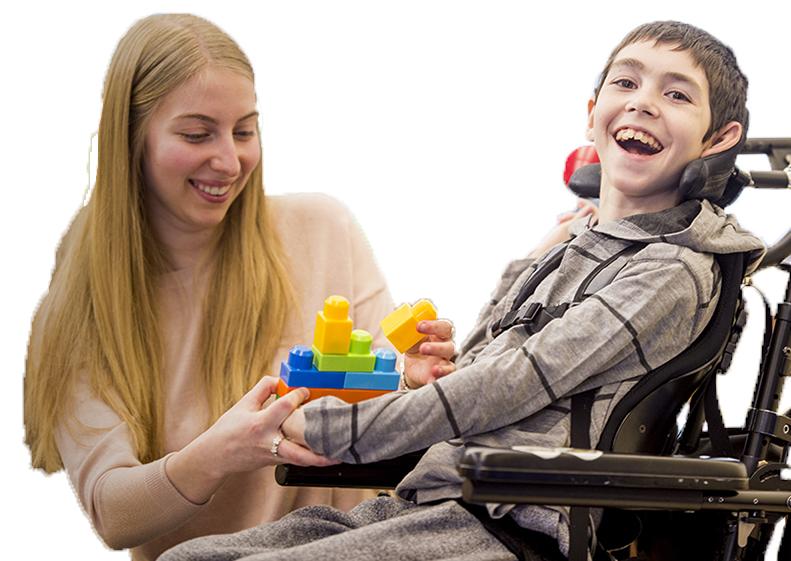Resources Directory
Search below to find a hospital, doctor, therapy, and more

National Institute on Deafness and Other Communication Disorders (NIDCD)
"The National Institute on Deafness and Other Communication Disorders (NIDCD) is one of the Institutes that comprise the National Institutes of Health (NIH). NIH is the Federal government's focal point for the support of biomedical research. NIH's mission is to uncover new knowledge that will lead to better health for everyone. Simply described, the goal of NIH research is to acquire new knowledge to help prevent, detect, diagnose, and treat disease and disability. NIH is part of the U.S. Department of Health and Human Services.
Established in 1988, NIDCD is mandated to conduct and support biomedical and behavioral research and research training in the normal and disordered processes of hearing, balance, taste, smell, voice, speech, and language. The Institute also conducts and supports research and research training related to disease prevention and health promotion; addresses special biomedical and behavioral problems associated with people who have communication impairments or disorders; and supports efforts to create devices which substitute for lost and impaired sensory and communication function.
NIDCD has focused national attention on disorders of human communication and has contributed to advances in biomedical and behavioral research that will improve the lives of millions of individuals with communication disorders. NIDCD accomplishes its mandate through the Division of Intramural Research, which conducts research in laboratories at the NIH, and the Extramural Research Program, a program of research grants, career development awards, individual and institutional research training awards, center grants, and contracts to public and private research institutions and organizations. As a whole, the Institute supports and conducts approximately 600 research projects. The Institute also conducts and supports research and research training in disease prevention and health promotion and the special biomedical and behavioral problems associated with people having communication impairments and disorders.
TTD/TTY toll free: 800-241-1055
